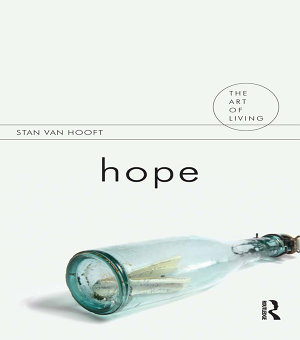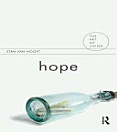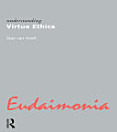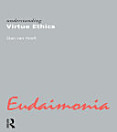Hope
ກ.ຍ. 2014 · Routledge
ປຶ້ມອີບຸກ
176
ໜ້າ
family_home
ມີສິດ
info
reportບໍ່ໄດ້ຢັ້ງຢືນການຈັດອັນດັບ ແລະ ຄຳຕິຊົມ ສຶກສາເພີ່ມເຕີມ
ກ່ຽວກັບປຶ້ມ e-book ນີ້
From the now iconic Barack Obama 'Hope' poster of the 2008 presidential campaign to the pit-head 'Camp Hope' of the families of the trapped Chilean miners, the language of hope can be hugely powerful as it draws on resources that are uniquely human and universal. We are beings who hope. But what does that say about us? What is hope and what role does it play in our lives? In his fascinating and thought-provoking investigation into the meaning of hope, Stan van Hooft shows that hope is a fundamental structure of the way we live our lives. For Aristotle being hopeful was part of a well-lived life, a virtue. For Aquinas it was a fundamentally theological virtue and for Kant a basic moral motivation. It shapes how we view ourselves and the world in which we live. Whether we hope for a life after death or for good weather tomorrow - whether our hopes are grand or humble - hoping is part of our outlook on life. What we hope for defines who we are. Drawing on everyday examples as well as more detailed discussion of hope in the arenas of medicine, politics and religion, van Hooft shows how hopefulness in not the same as hope and offers a convincing and powerful defense of the need for realism. There are few contemporary philosophical discussions of hope and Stan van Hooft's book offers an accessible and insightful discussion of the topic that shows the relevance of philosophical thinking and distinctions to this important aspect of human life.
ໃຫ້ຄະແນນ e-book ນີ້
ບອກພວກເຮົາວ່າທ່ານຄິດແນວໃດ.
ອ່ານຂໍ້ມູນຂ່າວສານ
ສະມາດໂຟນ ແລະ ແທັບເລັດ
ຕິດຕັ້ງ ແອັບ Google Play Books ສຳລັບ Android ແລະ iPad/iPhone. ມັນຊິ້ງຂໍ້ມູນໂດຍອັດຕະໂນມັດກັບບັນຊີຂອງທ່ານ ແລະ ອະນຸຍາດໃຫ້ທ່ານອ່ານທາງອອນລາຍ ຫຼື ແບບອອບລາຍໄດ້ ບໍ່ວ່າທ່ານຈະຢູ່ໃສ.
ແລັບທັອບ ແລະ ຄອມພິວເຕີ
ທ່ານສາມາດຟັງປຶ້ມສຽງທີ່ຊື້ໃນ Google Play ໂດຍໃຊ້ໂປຣແກຣມທ່ອງເວັບຂອງຄອມພິວເຕີຂອງທ່ານໄດ້.
eReaders ແລະອຸປະກອນອື່ນໆ
ເພື່ອອ່ານໃນອຸປະກອນ e-ink ເຊັ່ນ: Kobo eReader, ທ່ານຈຳເປັນຕ້ອງດາວໂຫຼດໄຟລ໌ ແລະ ໂອນຍ້າຍມັນໄປໃສ່ອຸປະກອນຂອງທ່ານກ່ອນ. ປະຕິບັດຕາມຄຳແນະນຳລະອຽດຂອງ ສູນຊ່ວຍເຫຼືອ ເພື່ອໂອນຍ້າຍໄຟລ໌ໄໃສ່ eReader ທີ່ຮອງຮັບ.







